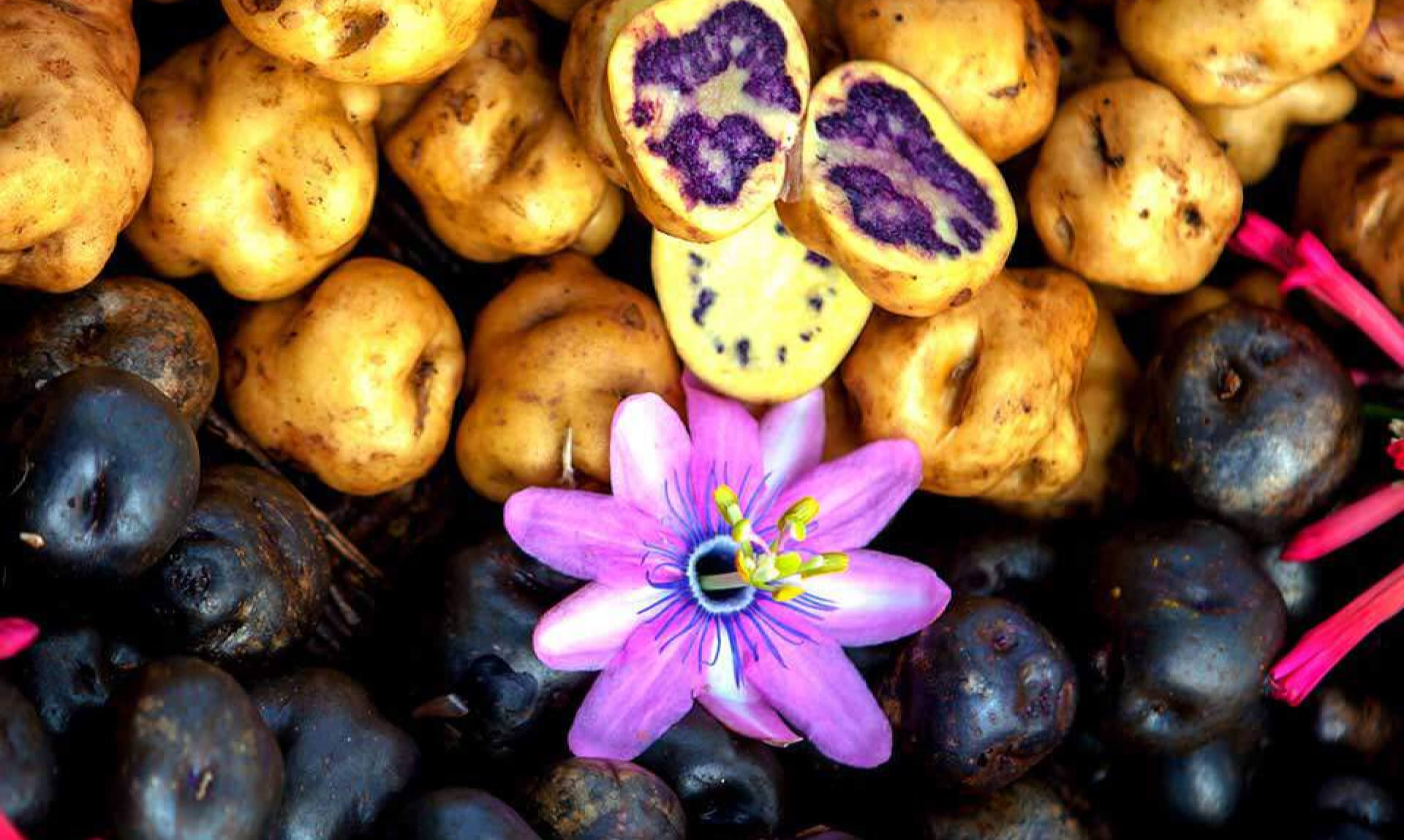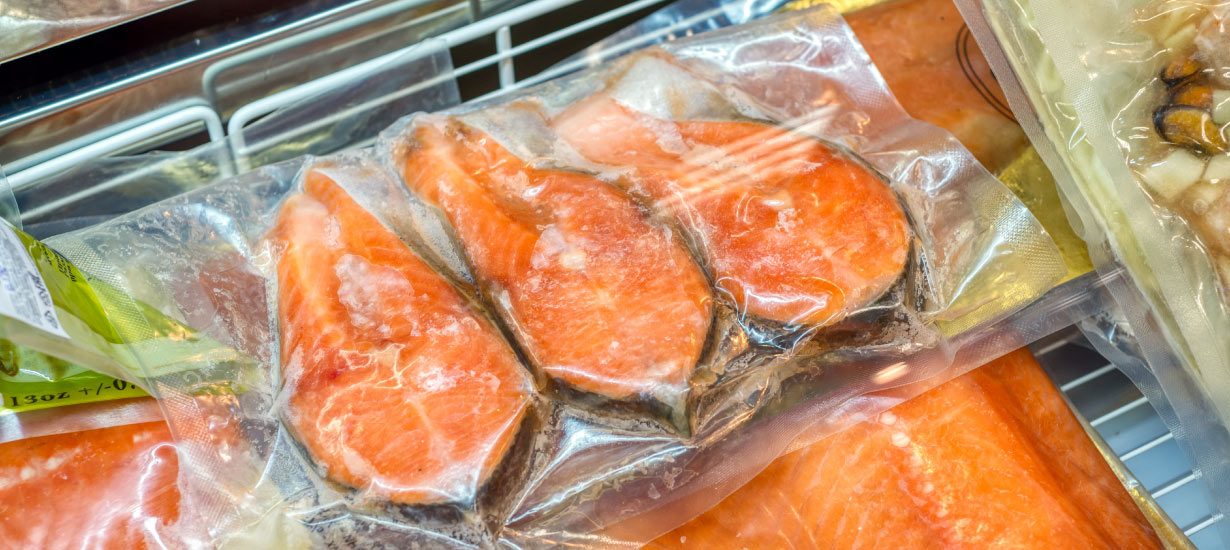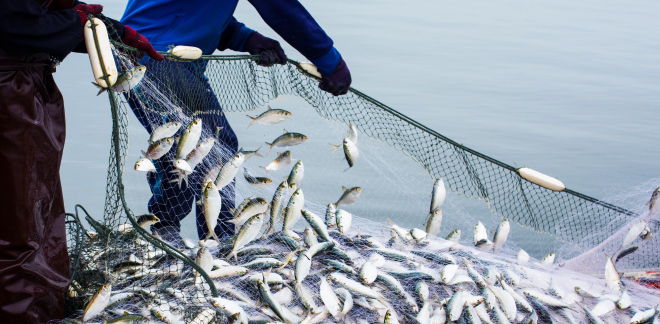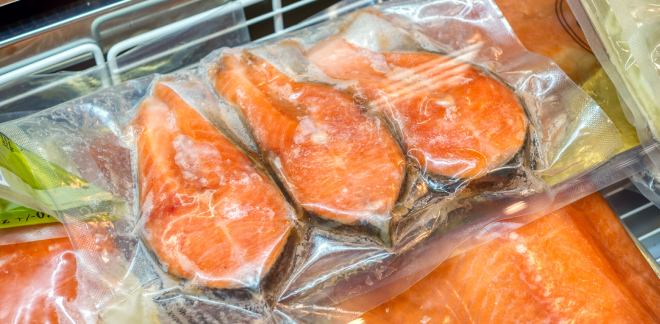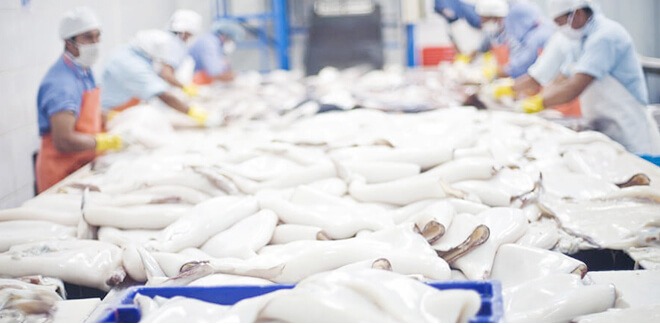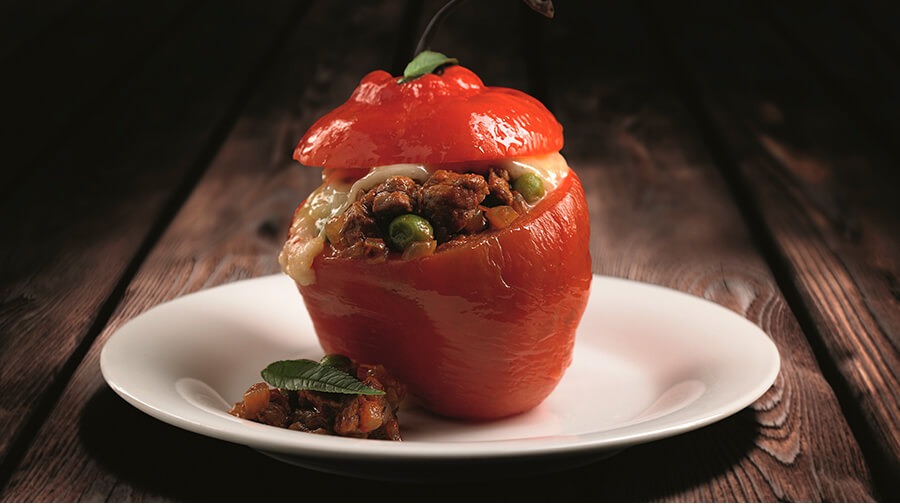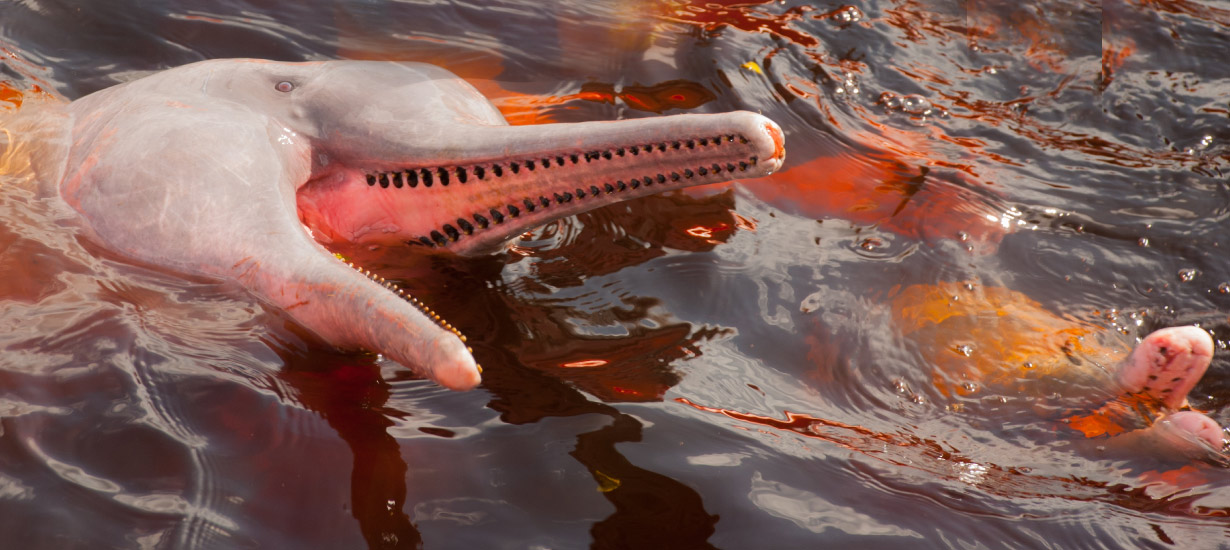Interested in exporting to Central America and the Caribbean? Discover exciting opportunities for seafood products
Síguenos en:Google News
Peruvian processed fishery products, like frozen mahi mahi, breaded squid, and shrimp, present excellent export opportunities for the Caribbean market.
Central America faces a shortage of fishery resources, leading to high demand. The Food and Agriculture Organization of the United Nations (FAO) reports a decline in fishery product production in these regions over the past five years. According to the Estudio de Mercado Oportunidades para productos pesqueros procesados en Centroamérica (Market opportunities study for processed fishery products in Central America), available on the Exportemos.pe portal, we highlight three major product categories that are in high demand in Central America and the Caribbean—an excellent opportunity for Peruvian exporters:
1. Frozen raw products with clean and pre-cut processing levels
This first group includes products with significant demand, as they cater to both retail channels and the HORECA sector (Hotels, Restaurants, and Cafeterias). Price plays a crucial role in selecting a supplier, along with their ability to meet glazing requirements (a technique where a product's surface is sprayed with potable water). This segment includes:
Frozen mahi-mahi by-products: This product is well-established in the Central American and Caribbean markets, with high demand for fillets and, to a lesser extent, portions, and loins. Consumption typically increases during peak seasons, such as Easter, when many companies purchase up to six months in advance. According to the study, Peruvian products are regarded as superior in quality.
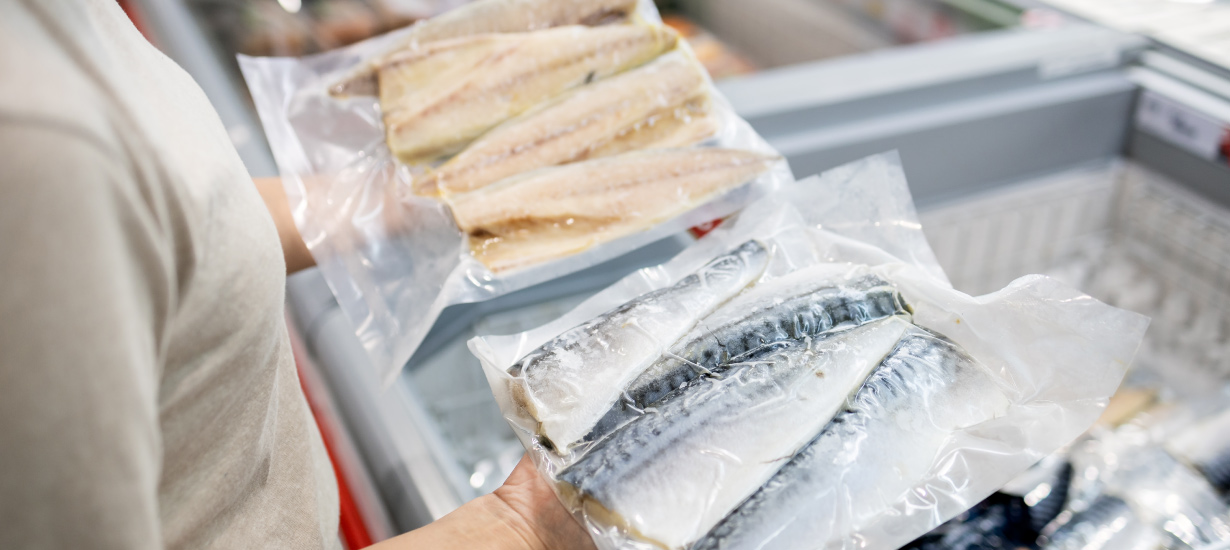 Photography: Shutterstock
Photography: Shutterstock
Frozen squid by-products: From tentacles and fillets to squid rings and buttons, squid is the most widely commercialized mollusk at the retail level in Central American and Caribbean countries. Importers view Peruvian squid as higher quality compared to competitors from Chile and China. The greatest opportunities lie in supplying packaged products for the retail market. For instance, squid tentacles are available in trays in the Dominican Republic, and squid buttons are imported to Costa Rica.
Frozen shrimp tails: There is a gap in the Central American and Caribbean market for this product, which is currently filled by imports from other countries. Imports for domestic consumption are primarily focused in Panama, the Dominican Republic, and Costa Rica, with an emphasis on frozen P&D (peeled and deveined) and easy-peel tails.
 Photography: PROMPERÚ
Photography: PROMPERÚ
2. Processed products marketed in the retail channel
This group includes products with lower demand compared to the previous ones, where variety and supply stability are prioritized, along with the ability to prepare mixed containers and offer flexible payment terms. In this second group, you can find:
Squid and squid rings: This product has a stable demand, leading to interest in Peru's supply and its ability to adapt to market specifications regarding glazing and chemical treatment levels. Price is a key factor, as China's competitive pricing is very appealing.
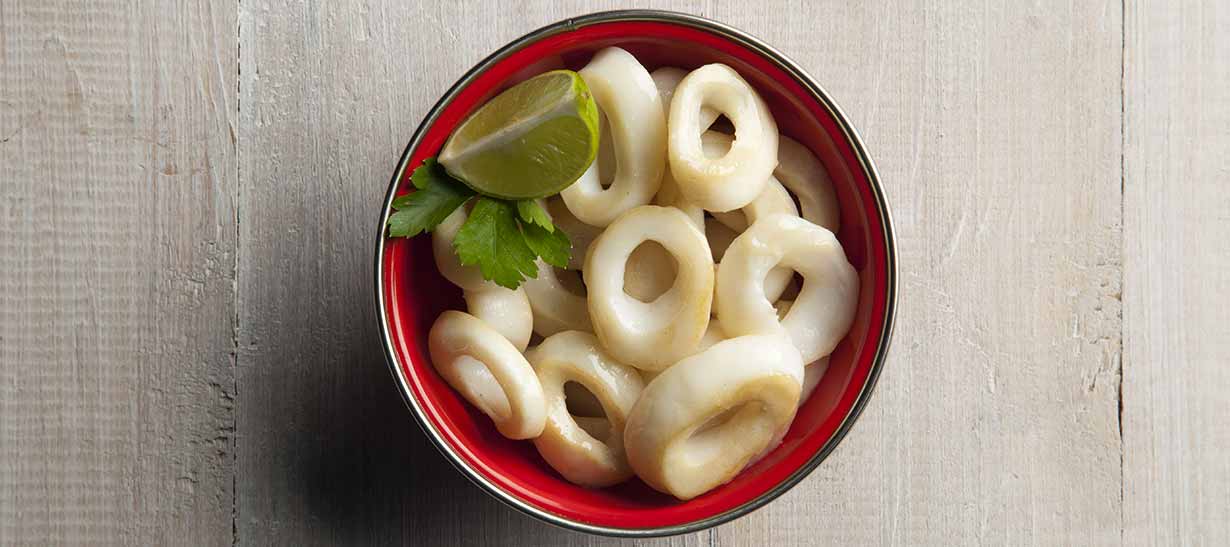 Photography: Juan Aragón / PROMPERÚ
Photography: Juan Aragón / PROMPERÚ
Specialty canned food: This group includes preserved products targeted at premium segments and specialty stores. While Spanish and Italian products are well-established, specialized companies, such as The Butcher Shop in the Dominican Republic and other supermarket chains, are interested in exploring Peruvian offerings. They are keen to receive samples to evaluate the quality of the products.
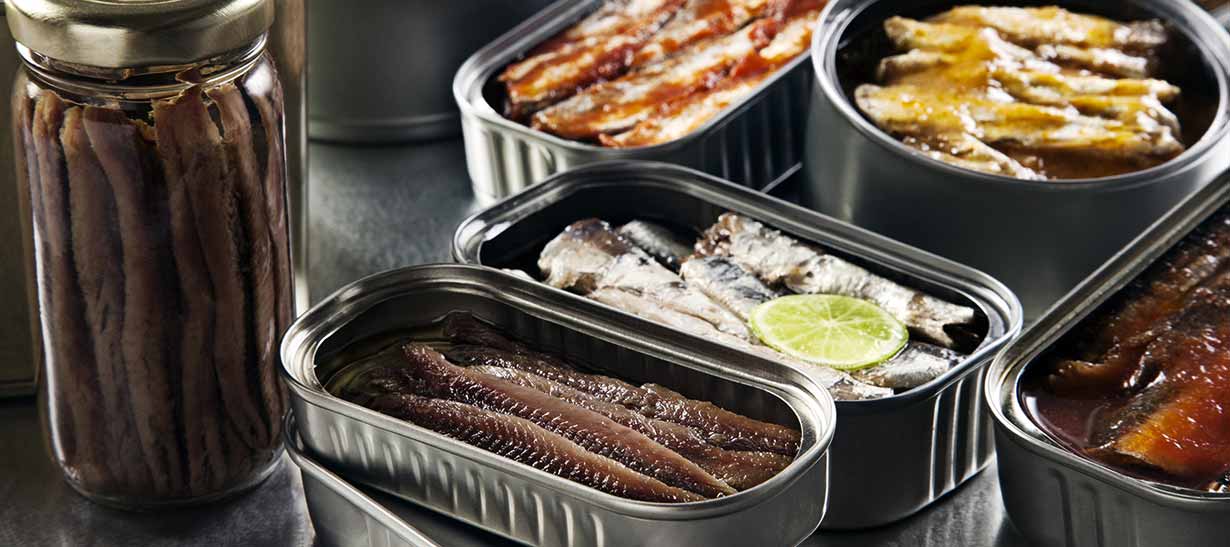 Photography: Juan Aragón / PROMPERÚ
Photography: Juan Aragón / PROMPERÚ
Breaded shrimp tails: These products are targeted at retail with stable but limited demand, although they do attract high-income consumers. Panama, for example, is an ideal market for this product, with the Pricesmart cash & carry chain serving as its main distribution point.
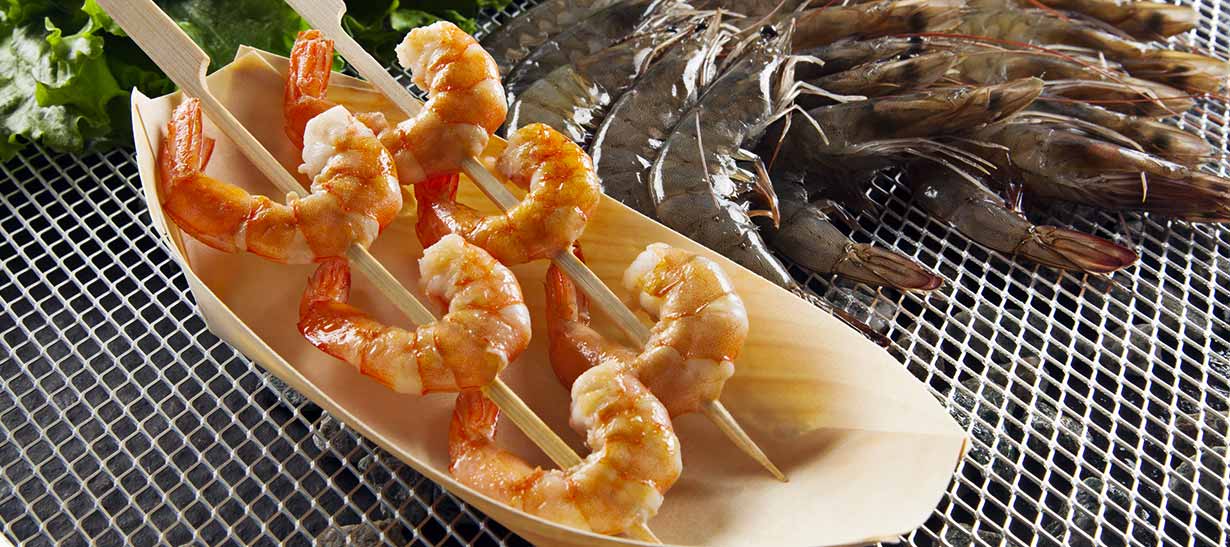 Photography: Juan Aragón / PROMPERÚ
Photography: Juan Aragón / PROMPERÚ
3. Newly introduced processed products
The major supermarket chains in these markets are receptive to new suppliers, focusing on three key factors: quality, stability of supply, and the ability to offer products with appealing packaging for the retail channel. Exclusivity is also considered, particularly for companies looking to supply under their own brand. This third group includes:
Preformed and breaded fish: Centro Cuesta Nacional, the second-largest retail chain in the Dominican Republic, exclusively markets Peruvian products such as breaded mahi-mahi and wild salmon burgers. Both products are well-received by consumers. With a growing demand for convenient, ready-to-cook items, these products are seen as having strong commercial potential. This has generated interest from companies in exploring proposals from Peruvian suppliers to capitalize on this trend.
FACT
The Commission for the Promotion of Peru for Exports and Tourism (PROMPERÚ) views geographical proximity as a key factor in expanding Peruvian fishery products into these markets.
Thus, Central America and the Caribbean offer a promising opportunity for expanding Peruvian fishery product exports. Economic growth in the region, the increasing demand for processed products, the need for diverse product offerings, and logistical advantages all contribute to strengthening this strategy.

